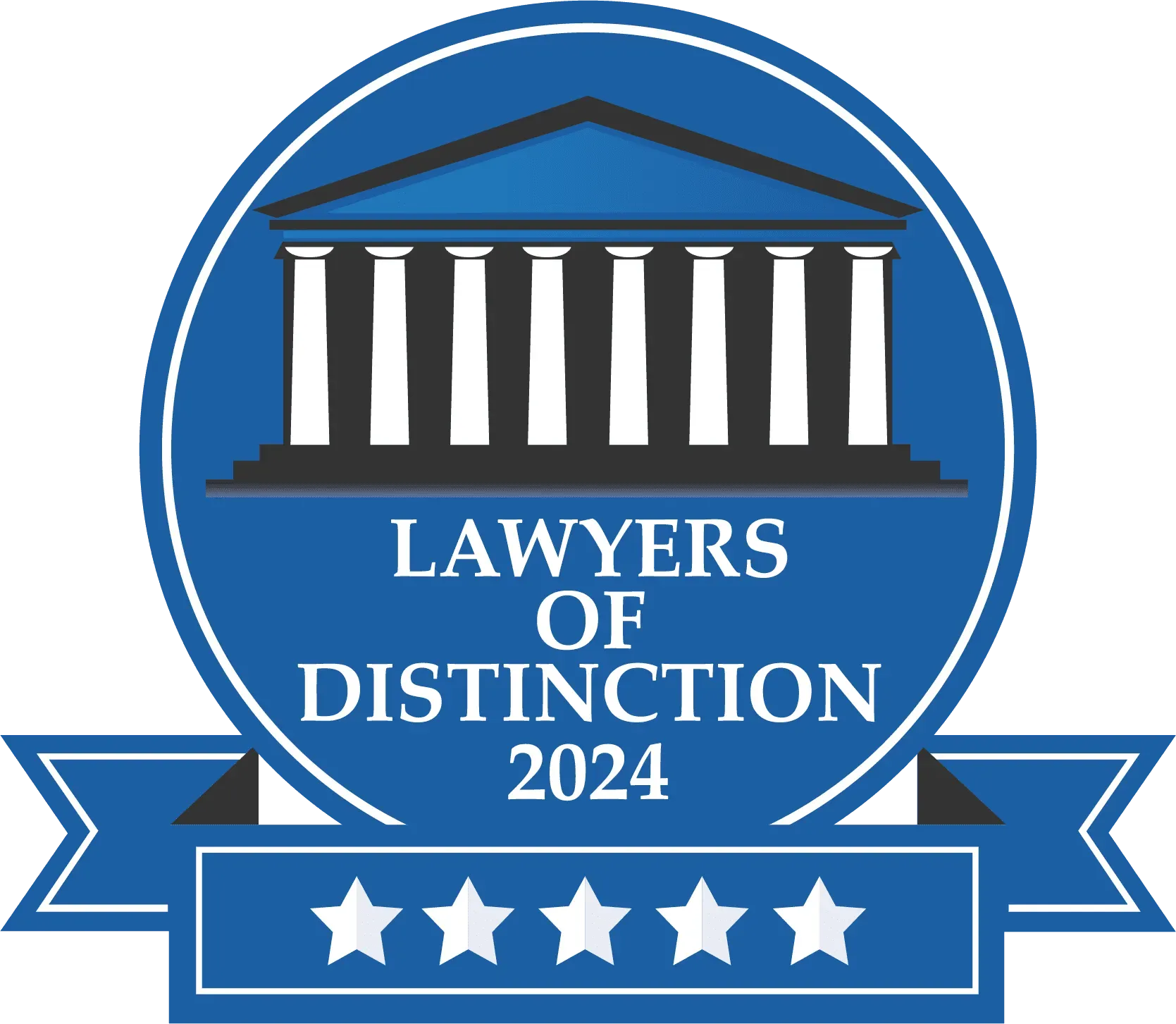Divorce Mediation & Alternative Dispute Resolution Attorneys in NY & NJ
Mediation and Collaborative Divorce Solutions
Not every divorce needs to end in a courtroom battle. At Larkin Farrell, we help couples in New York and New Jersey reach fair, legally sound resolutions through divorce mediation and collaborative processes—saving time, reducing conflict, and minimizing legal costs.
If you and your spouse are willing to work together but still need legal guidance, this approach offers a structured, less combative way forward.
Divorce Mediation
Mediation involves a neutral third party (often an attorney) guiding both spouses through the negotiation process. We help clients:
- Reach mutual agreement on property, custody, and support
- Avoid litigation delays and expense
- Create enforceable settlement agreements
- Stay in control of outcomes rather than handing decisions to a judge
Mediation can be especially beneficial for parents or couples with long-term shared financial interests.
Collaborative Divorce
This team-based approach allows both parties to retain their own attorneys while working toward resolution through a series of non-litigation meetings. We guide clients through:
- Joint planning sessions
- Open document exchange
- Creative problem-solving for complex assets or custody schedules
- Signing legally binding agreements without ever going to court
Collaborative divorce can be a faster, less emotionally taxing alternative—especially in cases involving children or shared businesses.
Key Considerations for Mediation & ADR
Frequently Asked Questions
What’s the difference between mediation and collaborative divorce?
Mediation uses a neutral third party. Collaborative divorce involves two attorneys and a team-based, non-adversarial process. Both aim for settlement without court.
Is mediation only for amicable couples?
Not at all. Mediation works even when there’s tension—as long as both parties are willing to negotiate and participate in good faith.
Can I use mediation if we have children or significant assets?
Yes. In fact, it often works best for families with shared parenting goals or complex finances that require thoughtful planning.
What if we can’t reach an agreement?
If mediation fails, you can still move to litigation. We’ll already be familiar with your goals and can pivot to a courtroom strategy if needed.
Do I still need my own lawyer in mediation?
Absolutely. Even if you're cooperating, you need independent legal advice to ensure your rights are fully protected throughout the process.
Divorce Doesn’t Have to Be a Battle
With the right guidance, divorce can be resolved with dignity, respect, and clarity. Whether through mediation or collaborative process, we help you protect what matters most—without unnecessary conflict.

